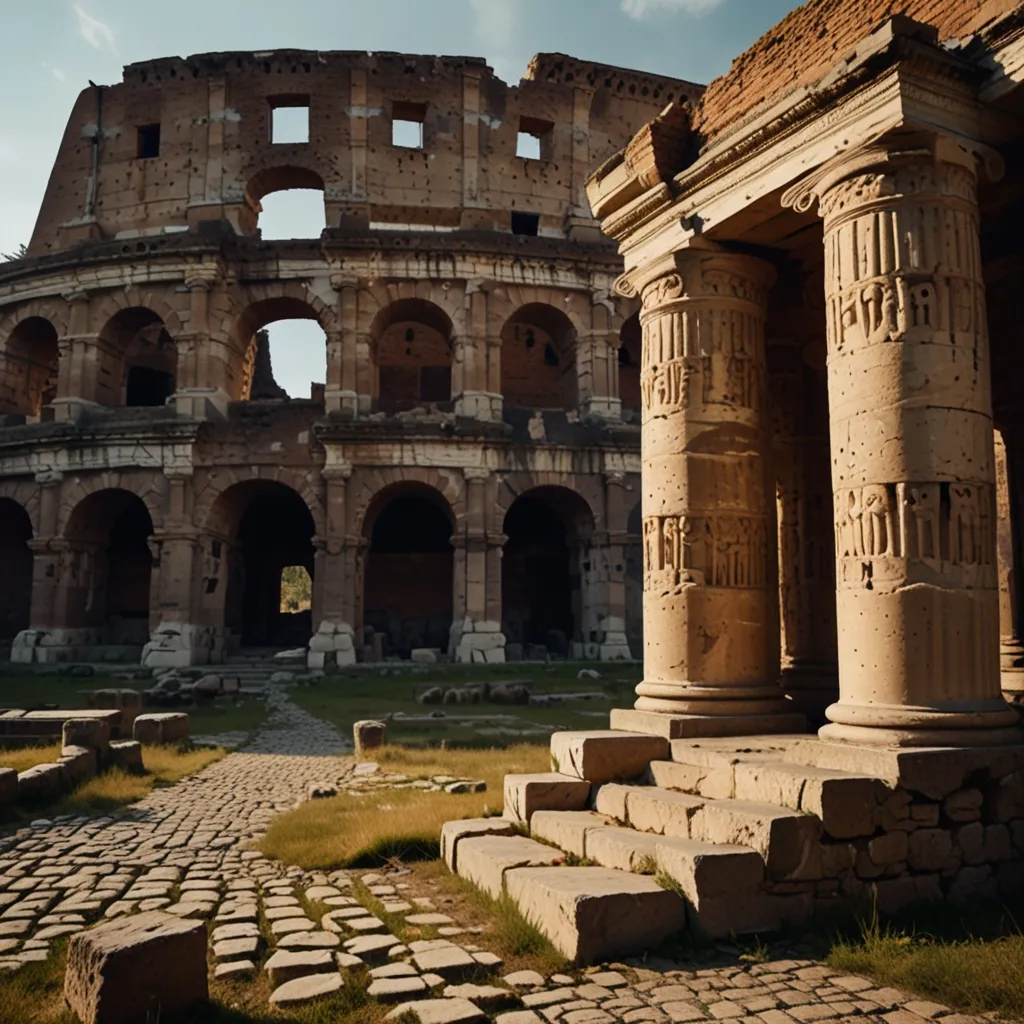Everybody seems to be buzzing about the Roman Empire lately. Why did it fall? What lessons can we learn from its collapse? It’s hard to resist diving into such a hot topic, so let’s get into it. The Roman Empire was once an enormous powerhouse, controlling 21% of the world’s population at its peak with an army of around half a million soldiers. And yet, it fell. One of the biggest empires in history crumbled because of invading tribes from Germany. Surprising, right? But when we dig a little deeper, it becomes clear why this happened.
Imagine being an average Joe in ancient Rome. Life wasn’t just tough—it was brutal, especially as the empire neared its end. The rich lived in luxury, but everyone else? Not so much. Taxes were a huge issue. The government’s administrative costs were skyrocketing, and bureaucratic corruption was rampant. Ordinary folks, especially the middle class, bore the brunt of the taxation nightmare. Rich folks avoided taxes with ease, leaving everyone else to face the music. Some people were driven to starvation and bankruptcy. Widows and children were chased down for tax debts. It’s like living in a nightmare where your only escape is selling yourself into servitude to protect yourself from your own government. This kind of stuff makes modern tax problems seem like a walk in the park.
So why did Germans seem like a lesser evil when they invaded? Their approach to taxation was more fair and tolerant. Ordinary Romans preferred siding with the invaders because their own government treated them so terribly. Some Romans even fought alongside the Germans, which tells you all you need to know about how bad things were.
Tax issues were just the tip of the iceberg. Roman society was deeply classist, too. Enslaved people had it the worst. They weren’t seen as people, just property. They could be tortured or killed at their master’s whim, and if a master was in trouble, they could offer their slaves to authorities for questioning. If the slaves died during this process, no big deal—the master would walk free. Civil rights for enslaved people? Nonexistent. And getting freedom didn’t improve their situation much.
Towards the end, even free people weren’t much better off. Many lived as landless tenants on estates owned by the wealthy elite. The Roman state was a nightmare for these tenants. Laws passed by the elite landlords (who were often politicians) made sure tenants couldn’t leave, couldn’t transfer property without permission, and could even be chained down if they tried to escape. Social mobility was a joke. People couldn’t move for better opportunities.
Germanic tribes offered a stark contrast. Historical records suggest that life for both enslaved people and tenants in German societies was “infinitely better” than in Rome. While this might be an oversimplification, it reflects a significant sentiment of the time. Stories were so widespread that Romans even debated if slavery existed in German societies. For Roman tenants or enslaved people, German invaders seemed like saviors.
With all this mismanagement and exploitation, recruiting locals for the military became tough for Rome. People had zero incentive to defend a society that treated them so poorly. Even if an enemy conquered land, holding it was a different challenge. You need local support. And the Germans got it thanks to their legal structures. They blended aspects of Roman laws with their own, creating a more decentralized approach to justice. Local authorities handled minor issues, while Roman law dictated from the top down. Germanic law was less violent, favoring restitution and compensation over physical punishment. Wrongdoers had a chance to make amends, which was a stabilizing factor at a time when the state was weak.
The fall of the Roman Empire was a massive historical event, not just because of its size but also due to the lessons it provides. A system that favors only the elite at the expense of everyone else is doomed to collapse in times of crisis. Rome became a state despised by its citizens, except for the wealthiest. This cautionary tale is relevant today as we consider how our own societies are structured.
The Roman Empire’s story highlights how financial mismanagement and social inequality can bring down even the mightiest of states. It’s a reminder that when a government fails its people, it loses its right to rule. The Germans weren’t perfect, but their more decentralized, fairer systems won the support of many Romans. Legal stability, fair treatment, and social mobility are crucial for any society to thrive.
So as we look back at Rome, let’s take these lessons to heart. Building a society that values all its members and offers opportunities and fairness is the way to ensure long-term stability and success. It’s a story worth remembering as we navigate our own lives and the societies we live in. History, after all, has a way of repeating itself if we don’t learn from it.






